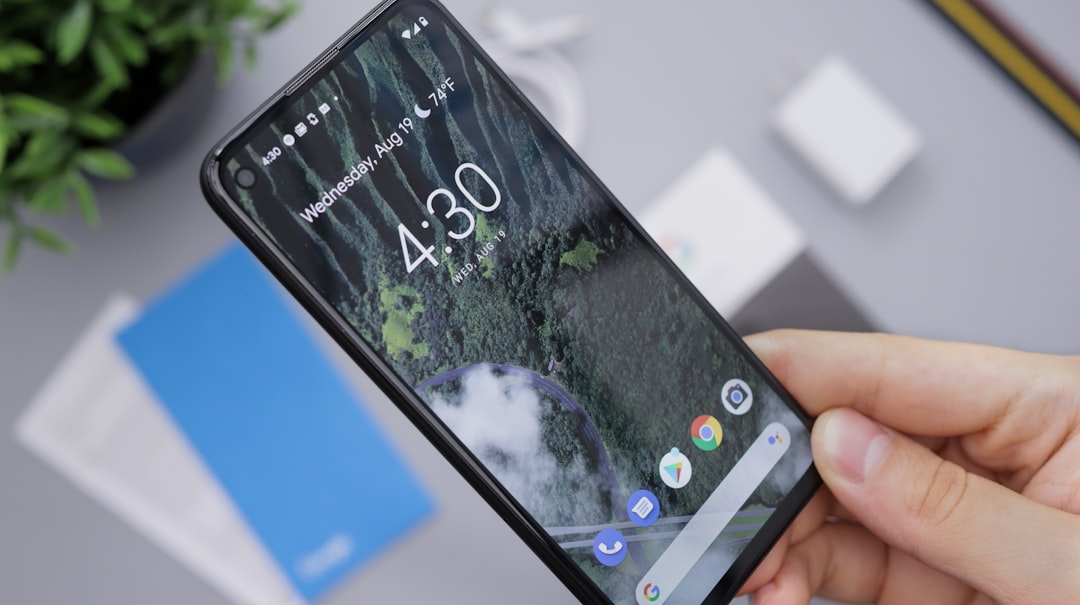Maine's Do Not Call law protects residents from unwanted sales calls, requiring law firms to target outreach efforts carefully and obtain consent. Understanding Maine's diverse demographics, including its cultural groups like the Wabanaki Confederacy, is key for effective marketing under this law. Firms should tailor messaging, use visual aids, and involve community leaders to engage with all residents, especially those with limited English proficiency, while respecting cultural preferences and building trust.
In Maine, respecting individual privacy is paramount, encapsulated by its stringent Do Not Call laws. As such, law firms must navigate a nuanced approach when reaching out to potential clients. This article explores tailored outreach strategies for Maine’s diverse population, delving into the state’s demographic makeup and cultural sensitivities. By understanding these factors, law firms can implement effective communication tactics, build trust with diverse communities, and successfully comply with the Do Not Call laws while enhancing client relationships.
Understanding Maine's Do Not Call Law

Maine’s Do Not Call law, like many others across the country, is designed to protect residents from unwanted sales calls and telemarketing messages. This legislation grants citizens the right to opt-out of receiving such calls by registering their phone numbers on the state’s official “Do Not Call” list. By understanding this law, law firms can tailor their outreach strategies to respect Maine residents’ privacy while still effectively communicating with potential clients.
In Maine, individuals can easily register their landline or cell phone numbers on the Do Not Call list by filling out a simple form available online through the Maine Attorney General’s Office. Once registered, it becomes illegal for any caller, including law firms, to make telemarketing calls to that number unless they have obtained explicit consent from the owner. This law underscores the importance of targeted and respectful outreach methods when marketing legal services to diverse communities in Maine.
Demographic Diversity in Maine

Maine, known for its picturesque coastal towns and lush forests, is a state that boasts an impressive demographic diversity. This diversity is a result of the state’s rich history as a hub for industry, immigration, and trade. With a mix of long-time residents and newcomers from various cultural backgrounds, Maine has become a vibrant tapestry of traditions and lifestyles.
In terms of population size, Maine’s diverse communities include urban centers like Portland, known for its bustling atmosphere and thriving arts scene, as well as smaller towns and rural areas. This mix of settings presents unique challenges and opportunities when it comes to outreach initiatives, particularly those related to the Do Not Call laws targeting law firms in Maine. Understanding these demographics is key to tailoring effective strategies that resonate with the state’s diverse population.
Tailoring Outreach for Cultural Sensitivity

When reaching out to Maine’s diverse population under the Do Not Call law for law firms, it’s crucial to tailor your approach for cultural sensitivity. Each community has unique values and preferences, so a one-size-fits-all strategy may not be effective. For instance, Maine is home to Native American tribes like the Wabanaki Confederacy, who have distinct cultural and communication norms that should be respected. Understanding these nuances ensures your outreach doesn’t inadvertently offend or overlook specific communities.
To achieve this, law firms should conduct thorough research on Maine’s diverse demographics, including language preferences, traditional practices, and community leaders. This knowledge allows for personalized messaging that resonates with each group. For example, when reaching out to Spanish-speaking residents, providing information in their native language demonstrates respect and increases the likelihood of a positive response. Similarly, recognizing and respecting cultural holidays or events can foster better engagement and build trust within these communities.
Effective Communication Strategies

When tailoring Do Not Call outreach to Maine’s diverse population, it’s crucial to understand that effective communication goes beyond language translation. Firms specializing in “do not call law firms Maine” should recognize and respect cultural nuances, ensuring their messaging resonates with various communities. For instance, visual aids, simple language, and community leaders can bridge the gap for those with limited English proficiency, enhancing overall outreach success.
Additionally, recognizing cultural preferences is vital. Some communities may prefer door-to-door interactions or phone calls at specific times, while others might rely heavily on social media and digital platforms. Adapting outreach methods to accommodate these preferences not only demonstrates respect but also increases the likelihood of effective communication, ensuring that “do not call” laws are understood and respected by Maine’s diverse population.
Building Trust with Diverse Communities

Building trust is paramount when reaching out to Maine’s diverse communities with Do Not Call initiatives. Each community has its unique cultural nuances and values, which can influence perceptions of telemarketing calls. For instance, some communities might be more reserved and skeptical of unknown callers, while others may have a history of warm interactions with similar outreach efforts.
To foster trust, it’s crucial for law firms implementing Do Not Call laws in Maine to show respect for cultural differences and prioritize transparency. This can involve tailoring communication materials to reflect community values, providing clear information about the purpose of the call, and ensuring every interaction is respectful and non-intrusive. Engaging with trusted community leaders or local organizations can also help establish legitimacy and build a bridge towards greater acceptance.






